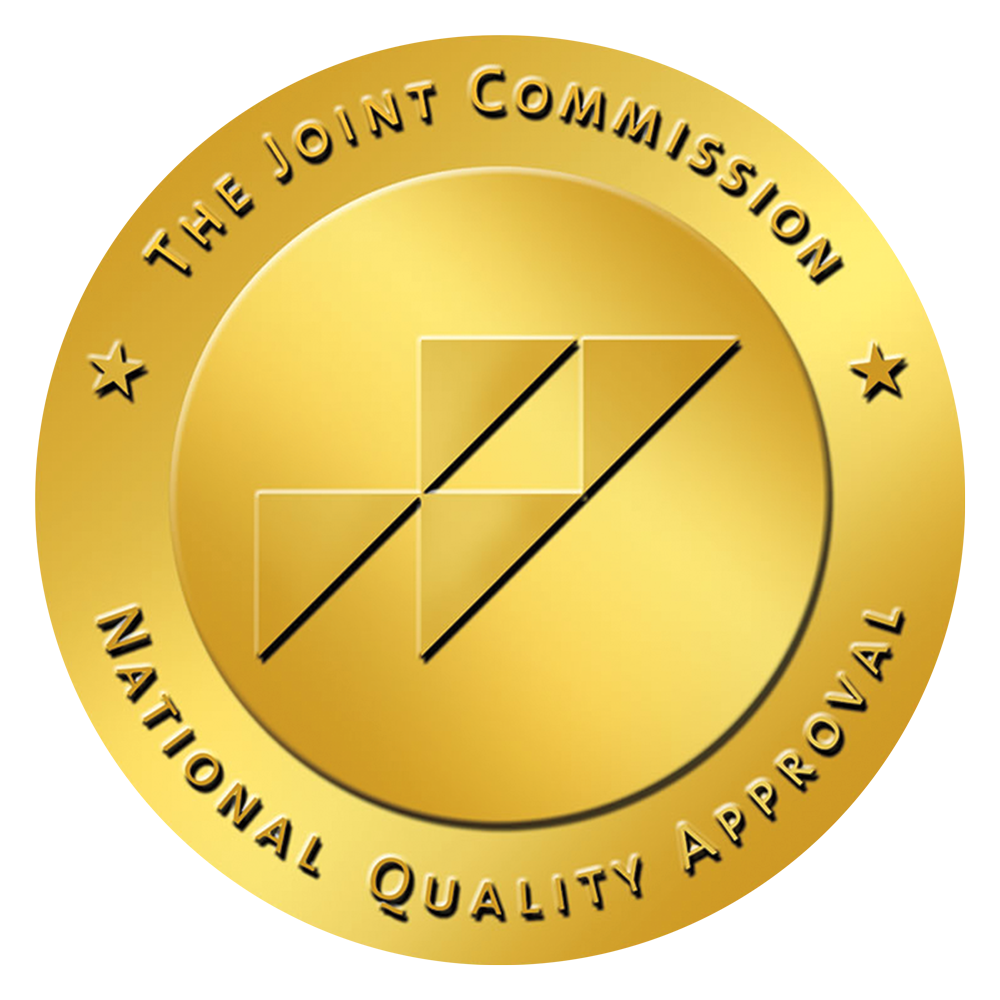PREGNANCY AND INFANT LOSS
by: Grace Wanjau
October is Pregnancy and Infant Loss Awareness Month, with October 15th recognized as Pregnancy and Infant Loss Remembrance Day.
Pregnancy and infant loss is an experience that affects many families physically, emotionally, and psychologically. It includes miscarriage, stillbirth, and neonatal death. The healing journey often requires support and compassionate care to navigate grief and acceptance.
What is Pregnancy and Infant Loss Awareness?
Pregnancy and Infant Loss Awareness is a movement that seeks to educate the public about the emotional and physical impact of miscarriage, stillbirth, and other forms of pregnancy loss as well as honor the memory of infants who have passed away as a result of Sudden Infant Death Syndrome (SIDS) or other complications. It also aims to provide support for individuals and families who have experienced this loss, breaking the silence and stigma surrounding the topic.
How common is pregnancy loss?
About 10-20% of confirmed pregnancies end in miscarriage, most often in the first trimester. Stillbirths, which occur after 20 weeks of pregnancy, are less common but still affect about 1 in 160 pregnancies. (American College of Obstetricians and Gynecologists (ACOG)).
What are some of the causes of pregnancy loss?
● Chromosomal abnormalities: The most common cause of miscarriage, is when the embryo has an abnormal number of chromosomes, where instead of the standard two of chromosome 16, three copies called Trisomy 16 are formed.
● Maternal health conditions: Issues such as diabetes, thyroid disease, high blood pressure, and autoimmune disorders like Systemic Lupus Erythematosus (SLE) can increase the risk of pregnancy loss.
● Uterine or cervical abnormalities: Fibroids, septate uterus, bicornuate or arcuate uterus, or a weak cervix that begins to efface or dilate before the pregnancy is term may cause complications.
● Infections: Bacterial vaginosis, chlamydia, gonorrhea, syphilis, and malaria can increase the risk of miscarriage or stillbirth.
● Lifestyle factors: Smoking, alcohol use, drug use, and high caffeine intake have been linked to higher rates of pregnancy loss.
How can family and friends support someone who has experienced pregnancy or Infant loss?
● Listening: Sometimes the most valuable support is simply being present and offering a listening ear.
● Acknowledging the loss: Avoid minimizing the grief. Recognize the loss by offering sympathy and expressing sorrow.
● Offering help: Practical help, like cooking meals or helping with household tasks, can be valuable during grief.
● Respecting their space: Allow the person to grieve in their way and time without pushing them to “move on” too quickly.
● Remembering important dates: If the person has shared significant dates, such as their due date, birth date, or the day of the loss, acknowledging those can be meaningful.
What can healthcare providers do to raise awareness about pregnancy and Infant loss?
● Educate patients: Providing information about the common causes of pregnancy loss and debunking myths helps reduce feelings of guilt or shame.
● Offer emotional support: Sensitivity during appointments, follow-up care, and referrals to counseling services can make a significant difference.
● Discuss future pregnancies: After a loss, healthcare providers can offer guidance on timing for trying again and monitor for potential risks in future pregnancies.
● Raise public awareness: Providers can participate in awareness campaigns, offer informational resources, and encourage discussions about pregnancy loss to reduce stigma.
What can be done to break the silence and stigma surrounding pregnancy loss?
● Sharing personal stories: Many people find healing in sharing their experiences. This also helps others feel less alone in their grief.
● Educating communities: Awareness campaigns, public speaking events, and informational materials can educate the public about the prevalence and emotional impact of pregnancy loss.
● Supporting awareness events: Participating in or promoting events like the Wave of Light on October 15th, where candles are lit worldwide to honor lost pregnancies and infants, can create a sense of solidarity.
● Encouraging empathy in society: Encouraging more compassionate responses from others, including employers and healthcare providers, can help individuals and families cope with their loss.
How can someone honor the memory of a lost pregnancy or infant?
● Memory boxes: Collecting mementos like ultrasound photos, blankets, or hospital bracelets.
● Memorial services or ceremonies: Some families choose to hold private or public services to say goodbye.
● Planting a tree or garden: Creating a physical space that honors the baby’s memory can offer peace and reflection.
● Wave of Light participation: Lighting a Candle on Pregnancy and Infant Loss
What resources are available for those dealing with pregnancy and Infant loss?
● Support groups: Many hospitals, clinics, and online communities provide support groups where individuals can share their experiences. Awareness efforts help promote understanding and compassion while offering resources for support groups, counseling, and memorial services.
● Counseling services: Mental health professionals can offer therapy and guidance for dealing with grief and anxiety after pregnancy loss.
● Nonprofit organizations: Groups like March of Dimes, Share Pregnancy and Infant Loss Support, and the Miscarriage Association offer information, support, and advocacy for pregnancy loss awareness.
● Memory and Acknowledgement: Events such as the Wave of Light on October 15th (Pregnancy and Infant Loss Remembrance Day) encourage families and friends to light candles in memory of lost infants. These events offer a way to honor the lives, however short, of these children.
● Education and Advocacy: Awareness campaigns focus on educating the public and healthcare providers about the impact of infant loss and advocating for better resources and research on causes, prevention, and care for those affected.
● Breaking the Silence: Many families suffer in silence due to societal discomfort with discussing infant loss. Awareness initiatives aim to break this stigma, encouraging open conversation and emotional support for those experiencing such a loss.
In Conclusion
Pregnancy and infant loss can occur within the family due to genetic factors and other preventable causes such as infections, maternal health conditions, uterine abnormalities, and lifestyle factors. The family members should be on the frontline to offer physical and emotional support whenever one loses a pregnancy or infant. Health care providers must also provide adequate information considering the most innovative ways through social media and other technologies. The family members need to be aware of and utilize the available community resources and support programs to receive maximum support during the grief period.






